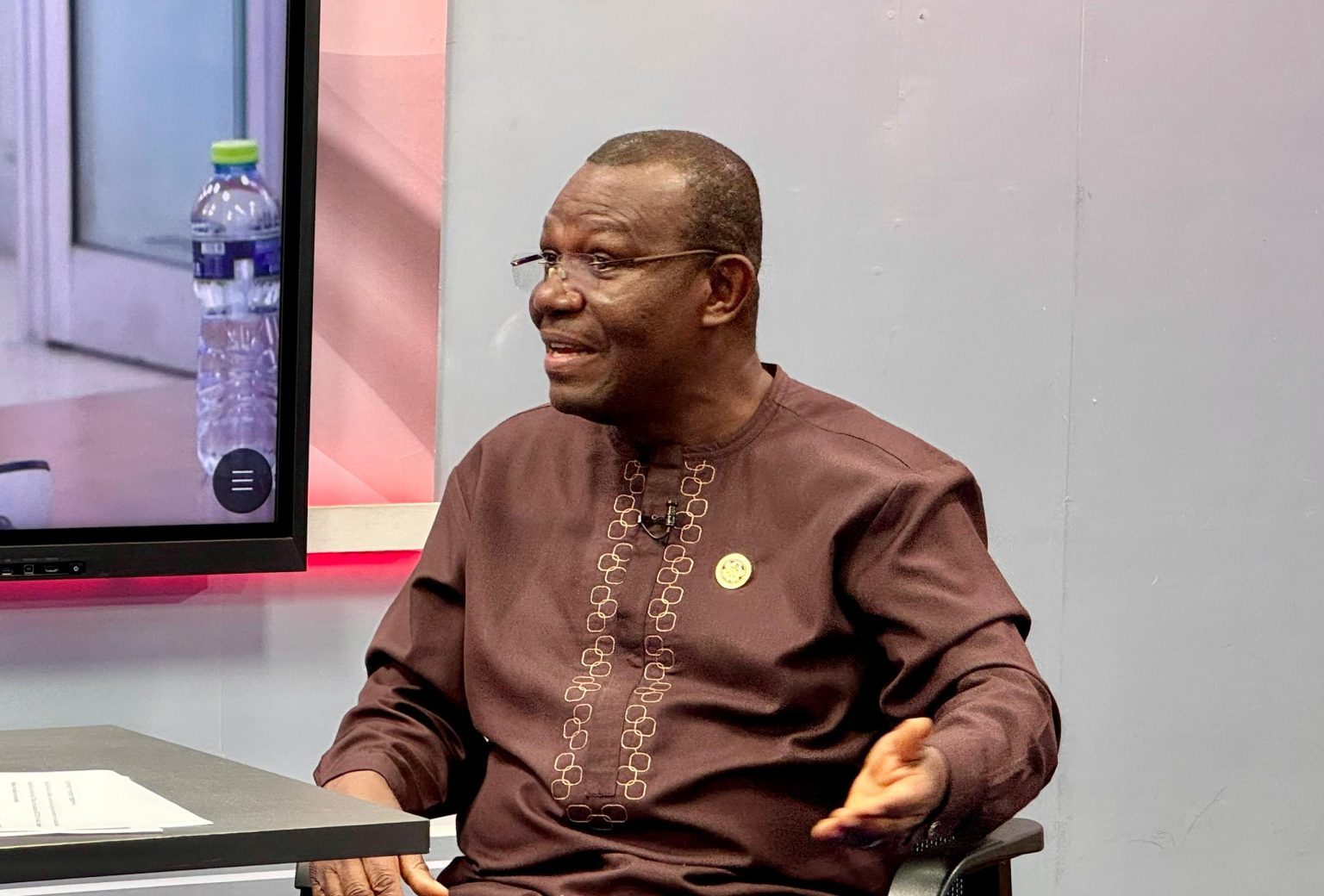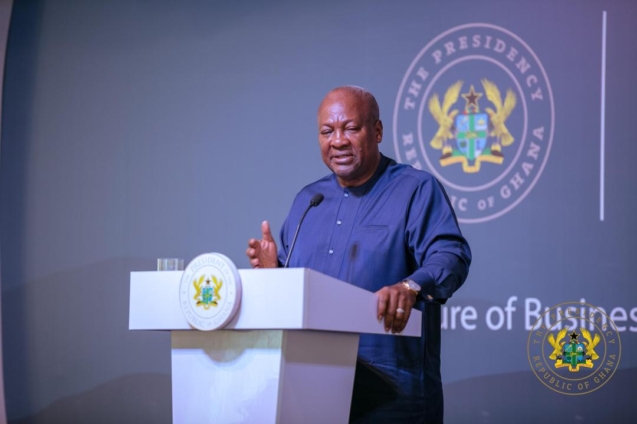The Chairman of Ghana’s Parliamentary Energy Committee, Emmanuel Bedzrah, has declared that he will not support any proposals brought forward by the Electricity Company of Ghana (ECG), as public backlash grows over a proposed tariff increase.
Speaking on Joy News’ PM Express on Monday, Mr Bedzrah said he would oppose all submissions from the state power distributor, which has requested a 225% increase in its Distribution Service Charge from the Public Utilities Regulatory Commission (PURC).
“As the Chairman of the Energy Committee, I will not approve of anything that ECG will bring to us,” he said.
ECG argues that the proposed increase is necessary to prevent financial collapse and maintain a stable electricity supply. However, the scale of the request has sparked widespread criticism, including from within Parliament.
Mr Bedzrah said the move had received bipartisan condemnation among MPs.
“I just returned from abroad and on my committee’s WhatsApp platform, it was a bipartisan bashing of ECG. Nobody will come to us with this,” he told host Evans Mensah.
He also criticised ECG for failing to consult Parliament before implementing a previous tariff increase.
“The last time they increased by 17%, they didn’t consult us. How can you now ask for 225%?” he said.
Mr Bedzrah acknowledged that his stance on utility pricing had shifted. As a former ranking member on the Works and Housing and Water Resources Committee, he once supported substantial tariff hikes.
“Honestly, at that time, I told PURC I would even approve 300%. But now, after engaging with ECG and PURC in this role, I will not approve anything they bring,” he said.
The PURC is currently holding stakeholder consultations on the ECG proposal, as well as a separate request from the Ghana Water Company Limited, which is seeking a 280% tariff increase. The water utility cites rising treatment costs due to pollution and illegal mining.
Ghana’s utility sector has long faced challenges including inefficiencies, debts, and aging infrastructure. However, there is growing concern among consumers and lawmakers that the financial burden of reform is being unfairly shifted to the public.













